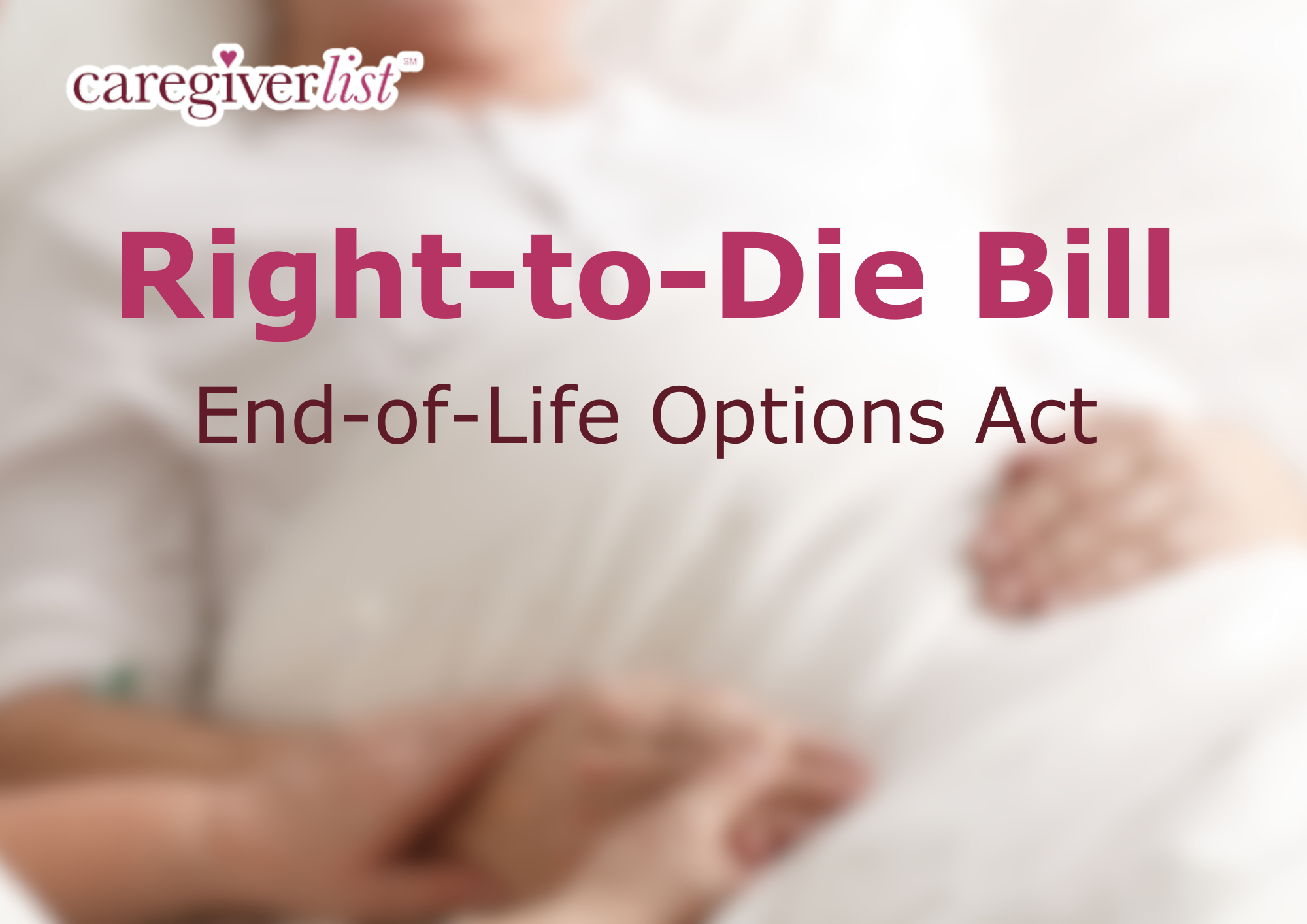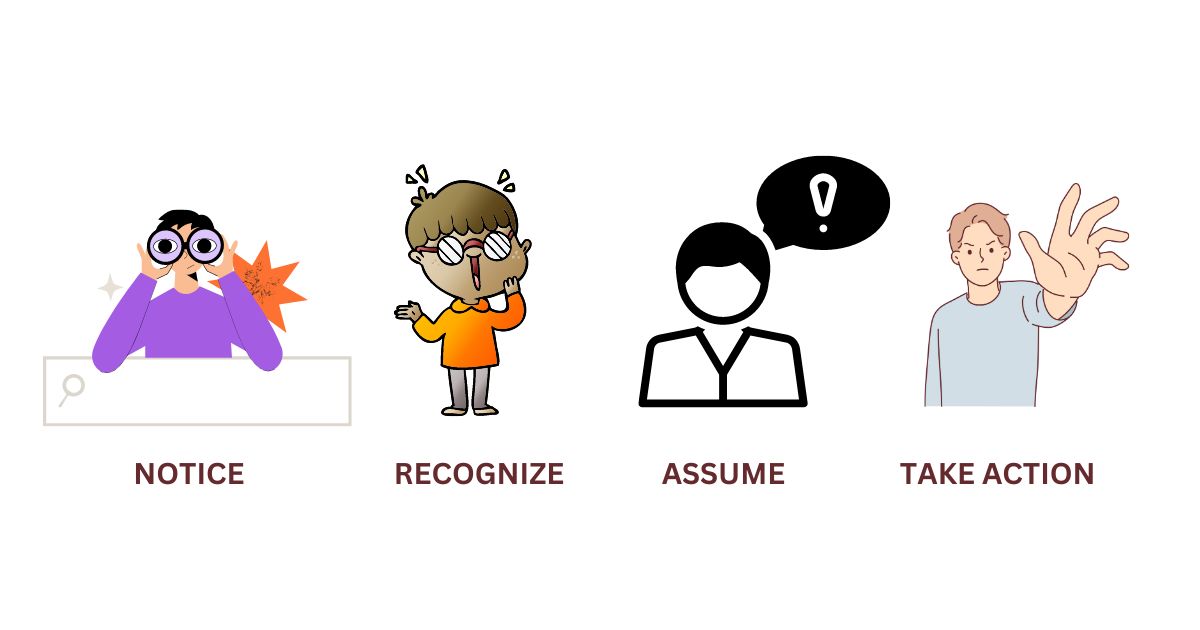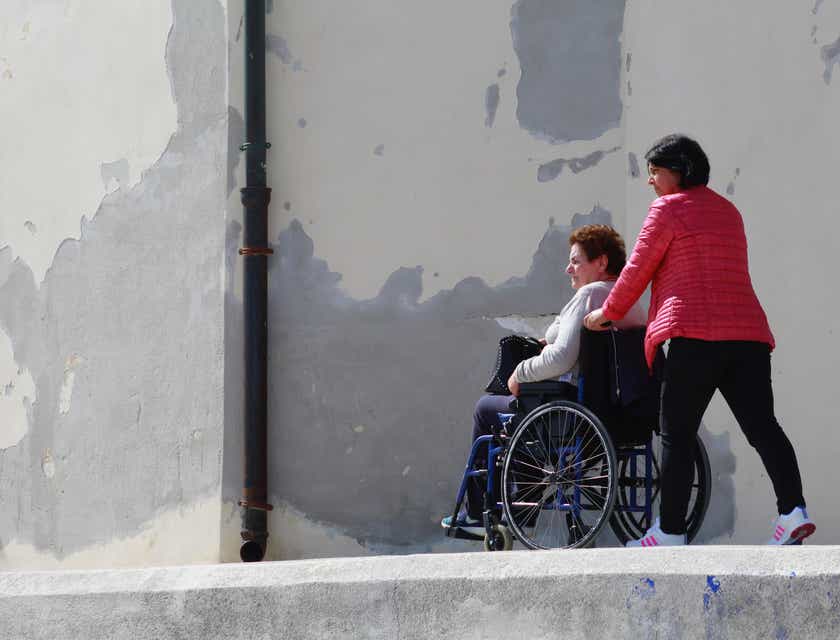Caregivers for seniors must possess many skills, including keeping an eye out for new senior fraud schemes. Last week, criminal charges were filed against four men who operated a fraud scheme in Pennsylvania that stole hundreds of thousands of dollars from seniors in need of caregiving. The men created a false homecare agency and sold hundreds of home care contracts – which were never fulfilled – to unsuspecting seniors.
While the conspirators were eventually apprehended and charged, an occurrence such as this recalls the necessity of ensuring the quality and reputability of a homecare agency. Caregiverlist’s Standards of Quality lists the criteria that should be continuously upheld by a senior care agency if it is a professional establishment.
The following is a list of the basic standards for a quality care agency:
- Business license and necessary state licensure (if required by the state where the agency is located)
- Caregivers are “Employees” this means the Agency is responsible for paying all employee payroll taxes, as required by law: Unemployment Insurance tax, Social Security tax, Medicare tax and State and Federal with-holdings)
- Worker’s Compensation Insurance
- Professional Liability Insurance
- Fidelity Bond Insurance (this is sometimes referred to as “theft” insurance)
- Active Management of the Caregiver through a direct Supervisor or Manager
- Plan of Care
- Criminal Background Check performed on all Employees
- Training for Caregivers
- 24-Hour On-Call Service
- Satisfactory Survey Results
The majority of the seniors who were targeted were those who lived alone and away from any family members who could have possibly prevented the fraud. The lack of familial support that was common among the victims is a reminder that, ideally, others should be involved in the process of seeking home care services. The fraud additionally reinforces Caregiverlist’s suggestion that those seeking care should speak to at least three home care agencies before making their decision. It is important to compare senior care options. Caregiving is an extremely personal service, and family should be involved in the process to ensure a comfortable fit between the senior and the caregiver.
The fraudsters further offered their “services” at impossibly low rates – around $2 per hour. It is vital to be educated about the realistic costs of home care , which is typically $15-$25 per hour.
Seniors without adequate family support and assistance are particularly vulnerable to fraud. Vigilance and involvement from others helps protect these seniors in the process of reaching out for care services. For more information, Caregiverlist’s Senior Care Fraud Alert page has information on how to report suspected fraud.
Posted by: Angela Manhart, Caregiverlist Blogger







